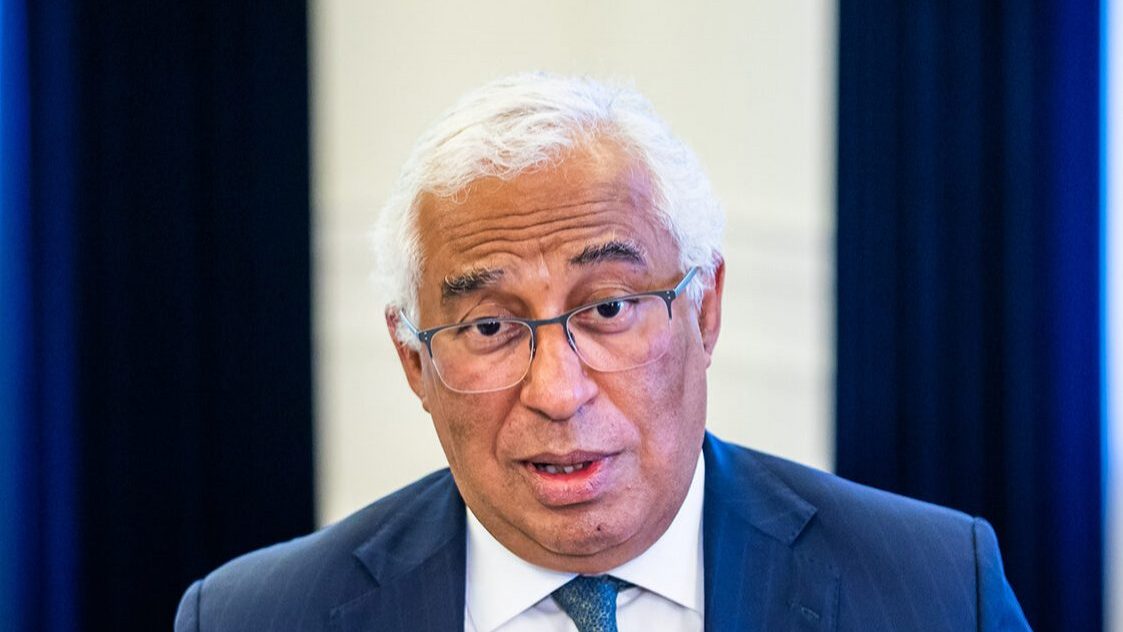Parliament nods through bill for windfall tax in energy, food retail
The government bill received the votes in favour of the Socialist Party (PS), Left Bloc (BE), PAN and Livre, while the centre-right Social Democratic Party (PSD) and PCP abstained.
Portugal’s parliament has approved on its first reading a Socialist government proposal for a windfall tax on energy companies and food retailers, while rejecting alternative bills tabled by the opposition Communist Party (PCP), right-wing Chega, People-Animals-Nature (PAN) and Livre.
The government bill on Tuesday received the votes in favour of the governing Socialist Party (PS), Left Bloc (BE), PAN and Livre, while the centre-right Social Democratic Party (PSD) and PCP abstained and Chega and the Liberal Initiative (IL) voted against.
The bills from the PCP, PAN and Livre had the votes against of the PS, PSD, Chega and Iniciativa Liberal and the votes in favour of the others. The opposition of the PS and the Liberal Initiative led to the rejection of the Chega bill, which also saw the abstention of the PSD, PCP, BE, PAN and Livre.
The only bill approved, that of the government – which now goes to the committee stage – foresees the implementation of temporary solidarity contribution (CST) of 33% on the profits of companies in the two sectors in question that in 2022 register profits of 20% above their average profits in the previous four years.
The measure would come into force by the end of this year, targetting the excess profits calculated in the tax periods for corporate income tax purposes that begin in the years 2022 and 2023, applying the 33% on the part of the profits that exceed by 20% the average of the last four years.
During the debate, several criticisms of the government bill were heard from the left and right, and the sole PAN member, Inês Sousa Real, announced that she would table an amendment: that the contribution be extended to the electricity sector and be levied on the accounting profit of companies in the food and energy sectors, instead of taxable profit, also advocating that investment in renewable energies be able to be discounted from the “cake to be taxed”.
To prevent the contribution from being reflected in retail prices, PAN also proposes that information requirements for energy companies and food retailers to be tightened with regard to the Competition Authority and the regulatory authority in the respective sector, through monthly reporting of the average retail price of energy and food products.
The proposal is to be debated in committee on Wednesday, with the bill to be taken to a final vote on Thursday, since the law must come into force before the end of this year.
Among the various parties’ bills that were rejected today by a majority of members, that of Chega aimed to distribute the excess profits of energy companies licensed to operate in the national market to their customers, using the methodology of the European Union regulation to determine “excess profits” – that is, 20% above the average of the previous four years.
For its part, the PCP proposed the creation of an extraordinary contribution on profits, to combat speculation and monopolistic practices, directed at the energy, banking, insurance and retail sectors and which in the years 2022 and 2023 had profits exceeding €35 million.
The PAN bill, meanwhile, aimed to prevent the payment of shareholder remuneration and bonuses by banks that have received public financial support between 2008 and 2022.
In the case of Livre, the bill would have created a tax on extraordinary profit for the year 2022, to be paid by companies in the energy, banking, food retail and armaments sectors that in 2022 registered a profit equal to or greater than €1.5 million.


